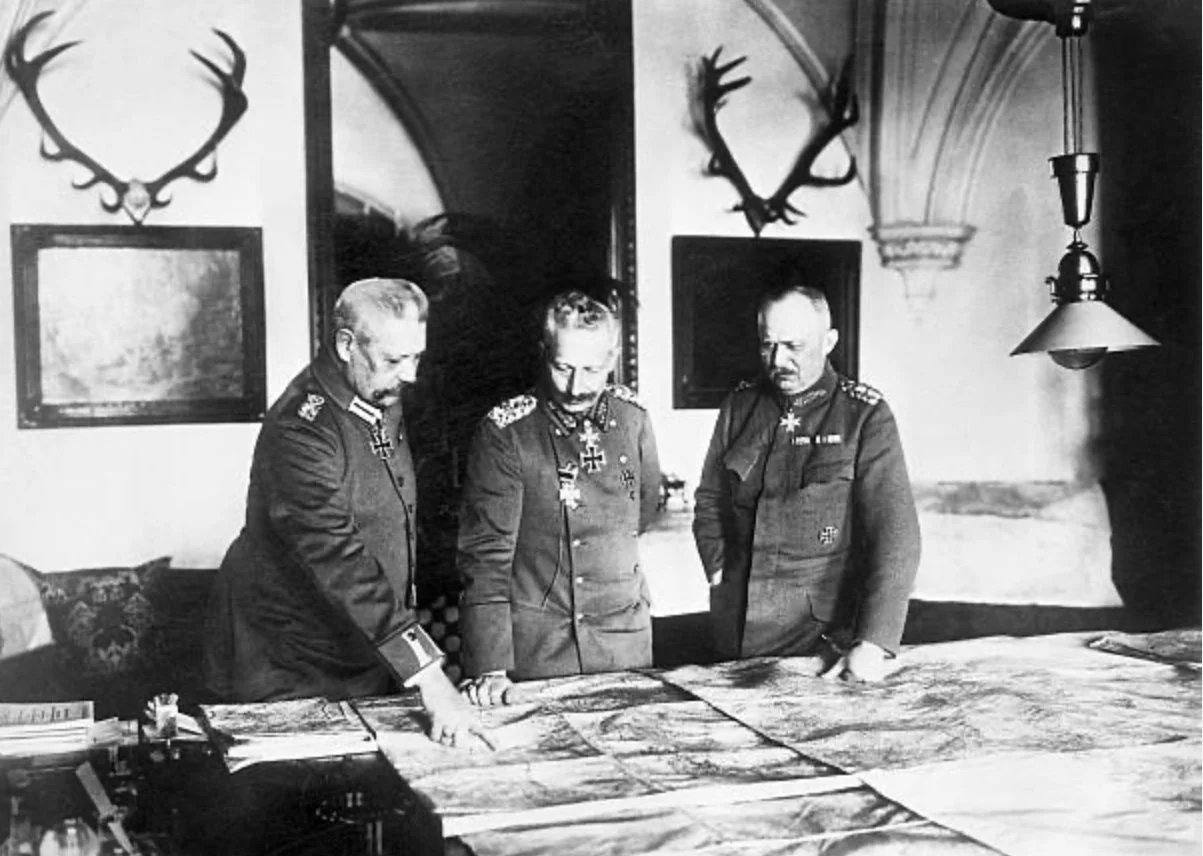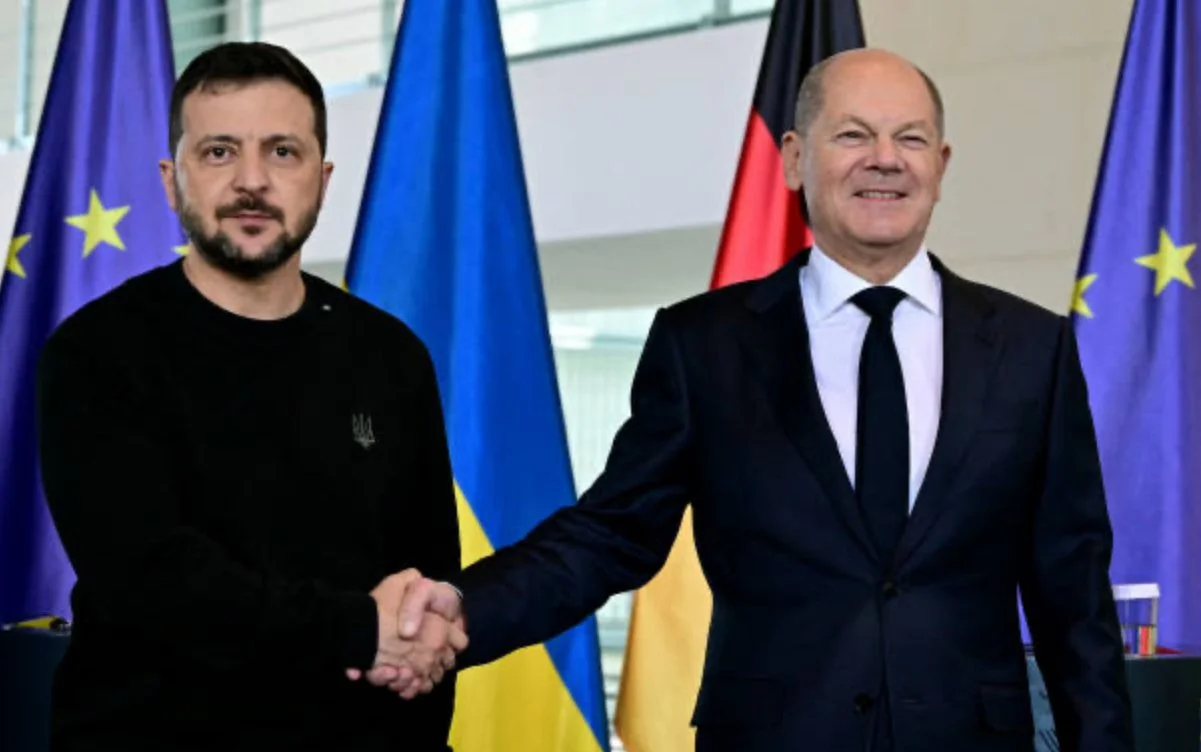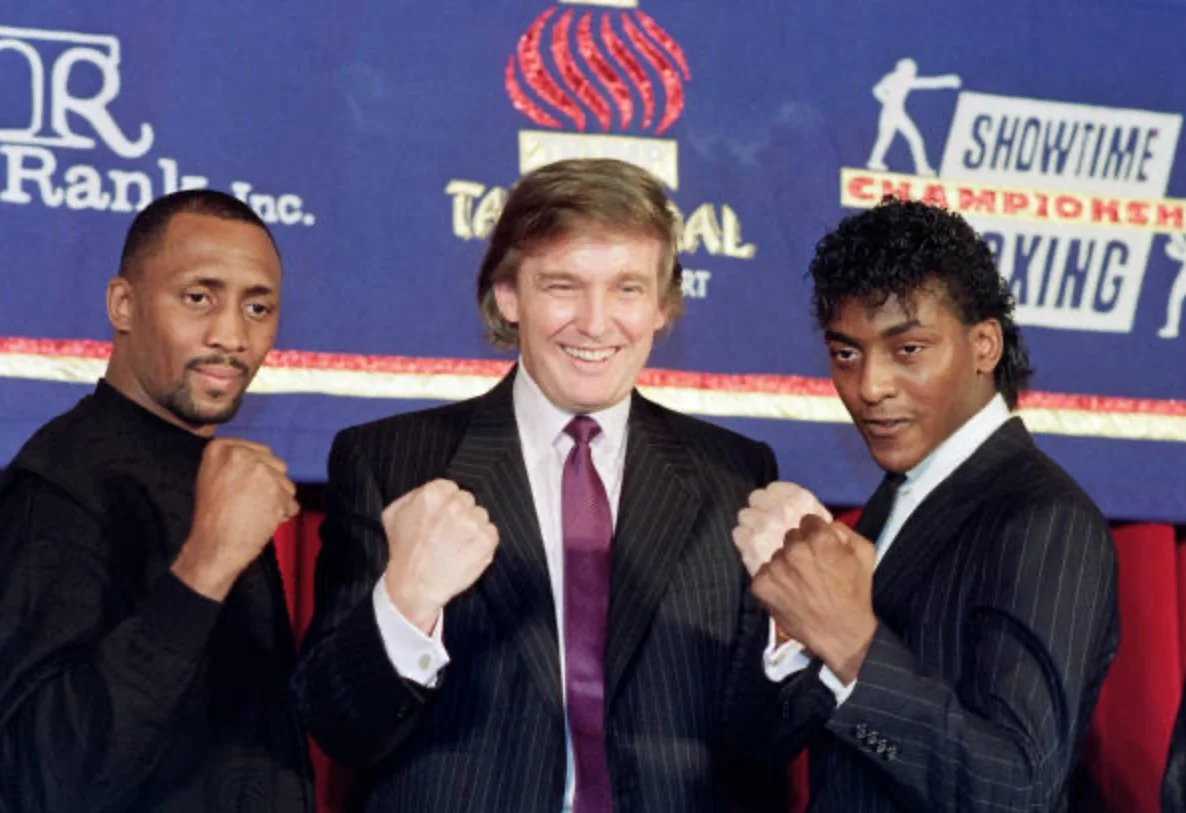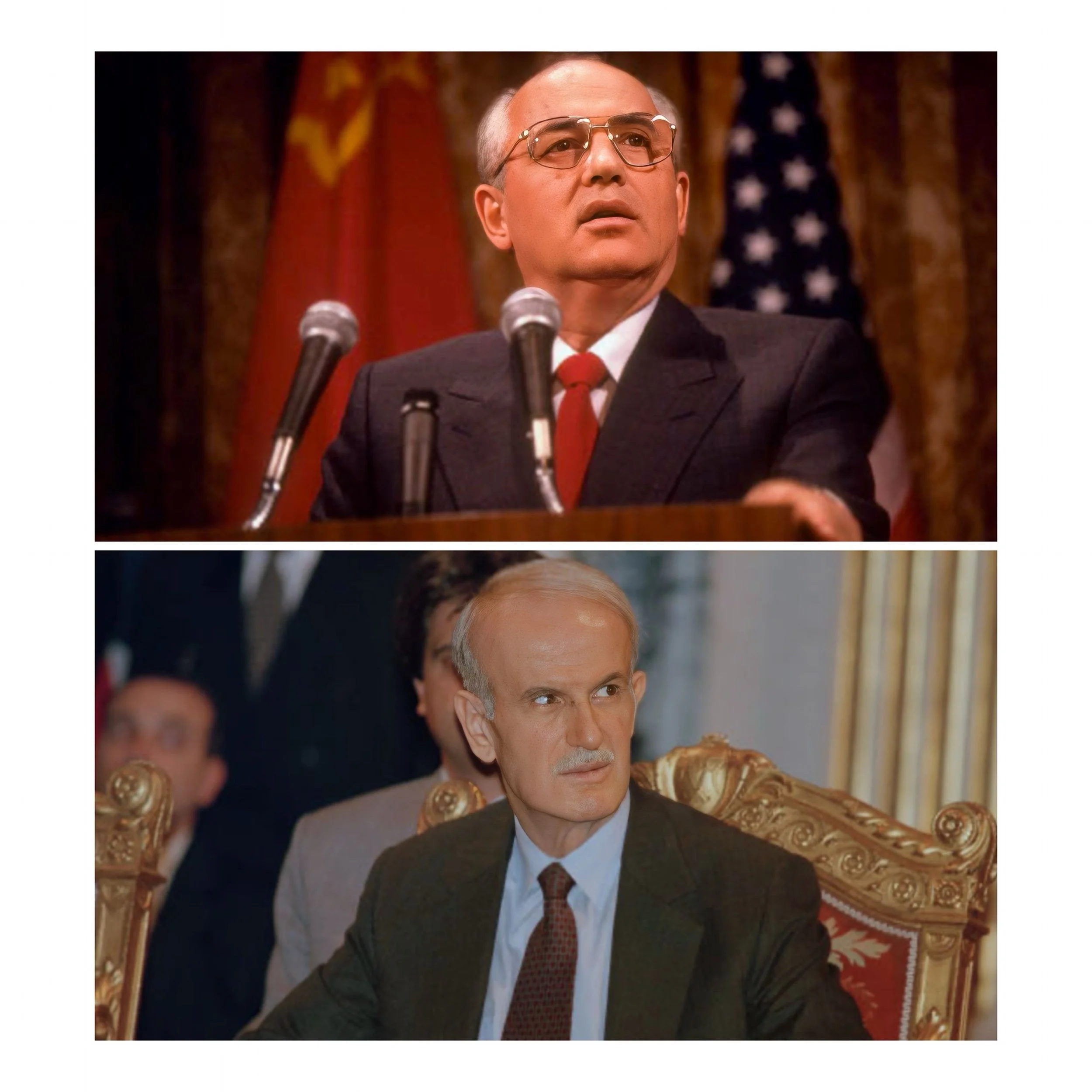Germany -USSR( Russia) -A history
Germany and USSR (Russia) have had a complex and cyclical relationship throughout history, characterized by periods of cooperation and conflict. Here are the key phases of their relationship:
Pre-World War I
• 19th Century Alliances: In the late 19th century, Germany and Russia were part of a delicate balance of power in Europe. Otto von Bismarck, Germany’s first chancellor, sought to maintain peace with Russia through alliances like the League of the Three Emperors (with Austria-Hungary) and the Reinsurance Treaty (1887), which ensured mutual military support in case of attacks from other powers.
World War I & Interwar Period
• World War I: Germany and Russia fought on opposite sides during World War I (1914–1918), leading to strained relations. The Russian Revolution in 1917 further complicated relations as Germany briefly supported the Bolsheviks to destabilize Russia.
• Treaty of Rapallo (1922): In the 1920s, Germany and Soviet Russia reestablished diplomatic and economic ties through the Treaty of Rapallo, marking a period of cooperation.
World War II
• Molotov-Ribbentrop Pact (1939): Nazi Germany and the Soviet Union signed a non-aggression pact in 1939, dividing Eastern Europe between them. This agreement was short-lived, as Germany invaded the Soviet Union in 1941, leading to intense conflict during World War II.
Cold War Era
• Post-WWII Division: After World War II, Germany was divided into East (controlled by the Soviet Union) and West Germany (aligned with the U.S. and its allies). Relations between East Germany (GDR) and the Soviet Union were close, while West Germany pursued a policy of non-recognition toward East Germany until the 1970s.
• Ostpolitik: In the 1970s, West German Chancellor Willy Brandt initiated Neue Ostpolitik, a policy aimed at improving relations with Eastern Bloc countries, including the Soviet Union. This led to treaties like the 1970 Moscow Treaty and improved diplomatic ties.
Post-Cold War & Reunification
• German Reunification (1990): Following the fall of the Berlin Wall in 1989, Russia played a key role in supporting German reunification. This marked a period of reconciliation between the two countries.
• Economic Ties: Post-reunification, Germany became one of Russia’s most important trading partners, particularly in energy. The Nord Stream gas pipelines symbolized this close economic relationship.
Recent Tensions
• Ukraine Crisis (2014): Relations soured dramatically after Russia’s annexation of Crimea in 2014. Germany condemned Russia’s actions as violations of international law and supported sanctions against Moscow.
• Russia’s Invasion of Ukraine (2022): The full-scale invasion of Ukraine in 2022 further strained relations. German Chancellor Olaf Scholz declared a “Zeitenwende” (turning point) in German foreign policy, pledging military support for Ukraine and cutting off energy ties with Russia. Germany has since become one of Ukraine’s largest arms suppliers but faces domestic challenges regarding war fatigue and economic costs.
Current State
• Sanctions and Decoupling: As of 2024, Germany has maintained tough sanctions on Russia, halted most imports (especially fossil fuels), and reduced political dialogue. However, there is ongoing debate within Germany about how to balance support for Ukraine with domestic economic concerns.
In summary, while Germany and Russia have shared periods of cooperation—particularly through trade—their relationship has been fundamentally altered by geopolitical conflicts like those surrounding Ukraine.






